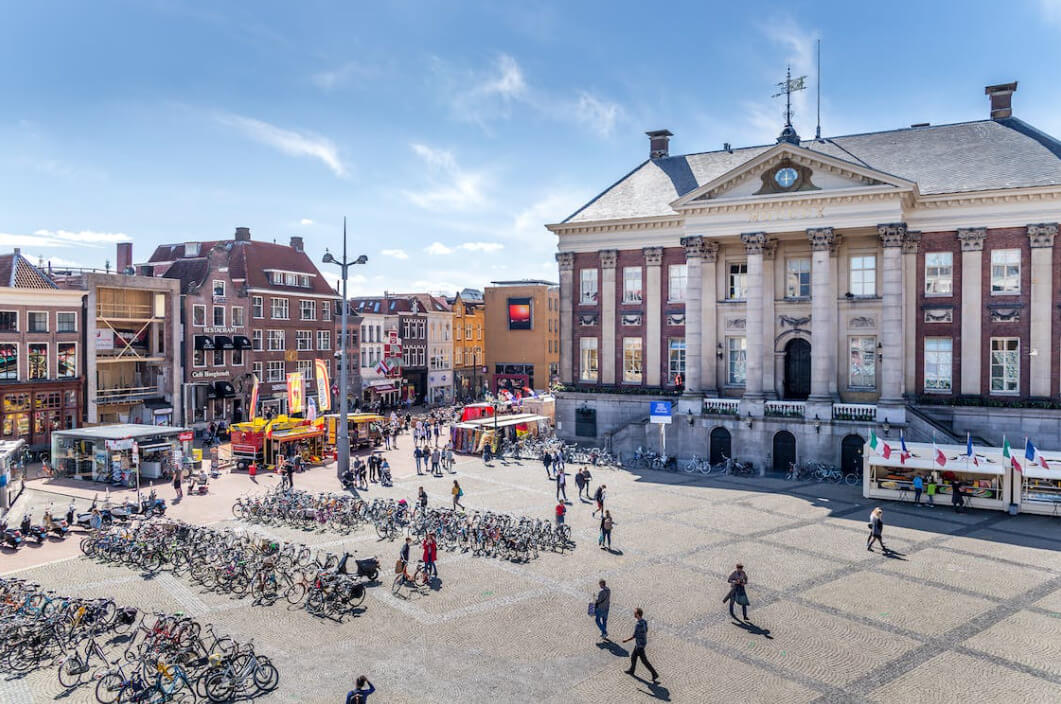PhD Environmental Psychology and Sustainable Behavior Change in Dutch Healthcare

Are you interested in applying psychology to promote sustainable change? Do you want to be part of transforming healthcare towards a greener, circular future? Join us as a PhD candidate focused on understanding and promoting sustainable behavior among healthcare professionals from an Environmental Psychology perspective.
Project description
The Dutch healthcare sector faces a critical sustainability challenge, responsible for 7% of national CO₂ emissions, 4% of waste, and 13% of raw material use—well above the international average. Much of this impact stems from single-use items designed for hygiene but generating enormous waste.
While technological and policy changes are essential, individual behavior plays a critical role. Without healthcare professionals engaging in sustainable actions and adopting sustainable innovations, the sector’s environmental impact remains high. This project offers you a unique opportunity to study and influence the psychological drivers behind sustainable behavior in the health sector.
The project consists of two main research lines:
1. Behavior change for reducing waste: You will develop and evaluate a questionnaire and an intervention strategy to understand and promote waste-reducing behaviors among healthcare professionals.
2. Adoption of sustainable alternatives to single-use products: You will investigate the factors influencing the acceptance and use of sustainable alternatives, and design and assess an intervention to encourage their adoption.
Your tasks as a PhD candidate are:
- Investigate psychological factors that motivate healthcare professionals to reduce waste and adopt sustainable alternatives, drawing on theories and methods from environmental and social psychology.
- Co-create a behavior change intervention together with healthcare professionals, stakeholders, and interdisciplinary researchers to ensure relevance and impact.
- Evaluate a behavior change intervention through a survey, experiment, or a field study conducted in collaboration with hospitals in the North of the Netherlands.
- Publish and present your work at international conferences and scholarly journals.
- Engage in teaching activities as part of your doctoral training.
- Complete and defend your PhD thesis within four years.
In the context of this project, the theme of sustainable behavior change is central. We are genuinely open and curious to learn how applicants see themselves contributing to this project. We invite you to make a case for how your background, interests, and experience make you a good fit. Whether your strengths lie in environmental or social psychology, communication science or any other discipline related to behavior change—we’re interested in being persuaded by you.
The successful candidate will become part of the Care2Change consortium, work in a transdisciplinary and interdisciplinary team, and collaborate closely with hospitals and stakeholders in the North of the Netherlands. This PhD project offers a unique opportunity to take a creative and innovative approach, if desired, by exploring out-of-the-box behavior change strategies in cooperation with project partners. Thereby, the project aims to contribute to behavior change among healthcare professionals, and the transformation of the Dutch healthcare sector towards a more sustainable future.
Organisation
The University of Groningen has an international reputation as a dynamic and innovative centre of higher education offering high-quality teaching and research. Balanced study and career paths in a wide variety of disciplines encourage the 33,000 students and researchers to develop their own individual talents. Belonging to the best research universities in Europe and joining forces with prestigious partner universities and networks, we are truly an international place of knowledge.
Campus Fryslân is the ambitious eleventh and newest faculty of the University of Groningen, located in Leeuwarden. Campus Fryslân is an interdisciplinary faculty that works closely together with regional, national and international partners on worldwide (sustainability) challenges and local solutions. The sustainable development goals of the United Nations thus serve as an important guideline.






